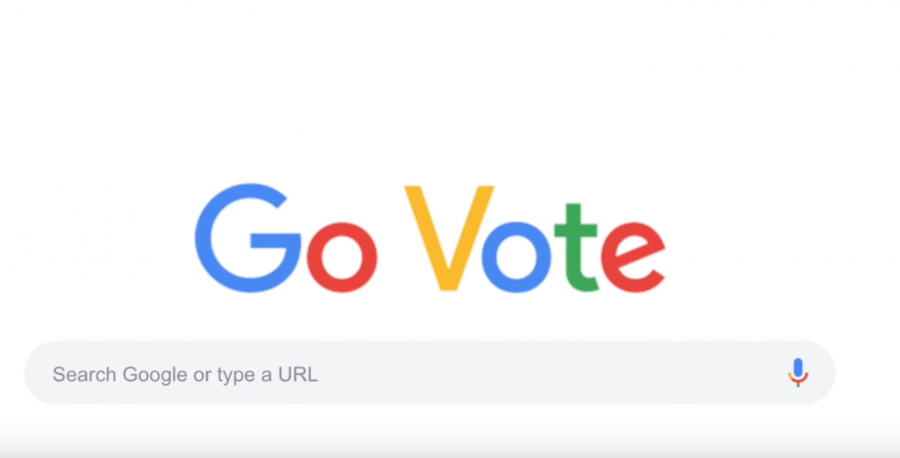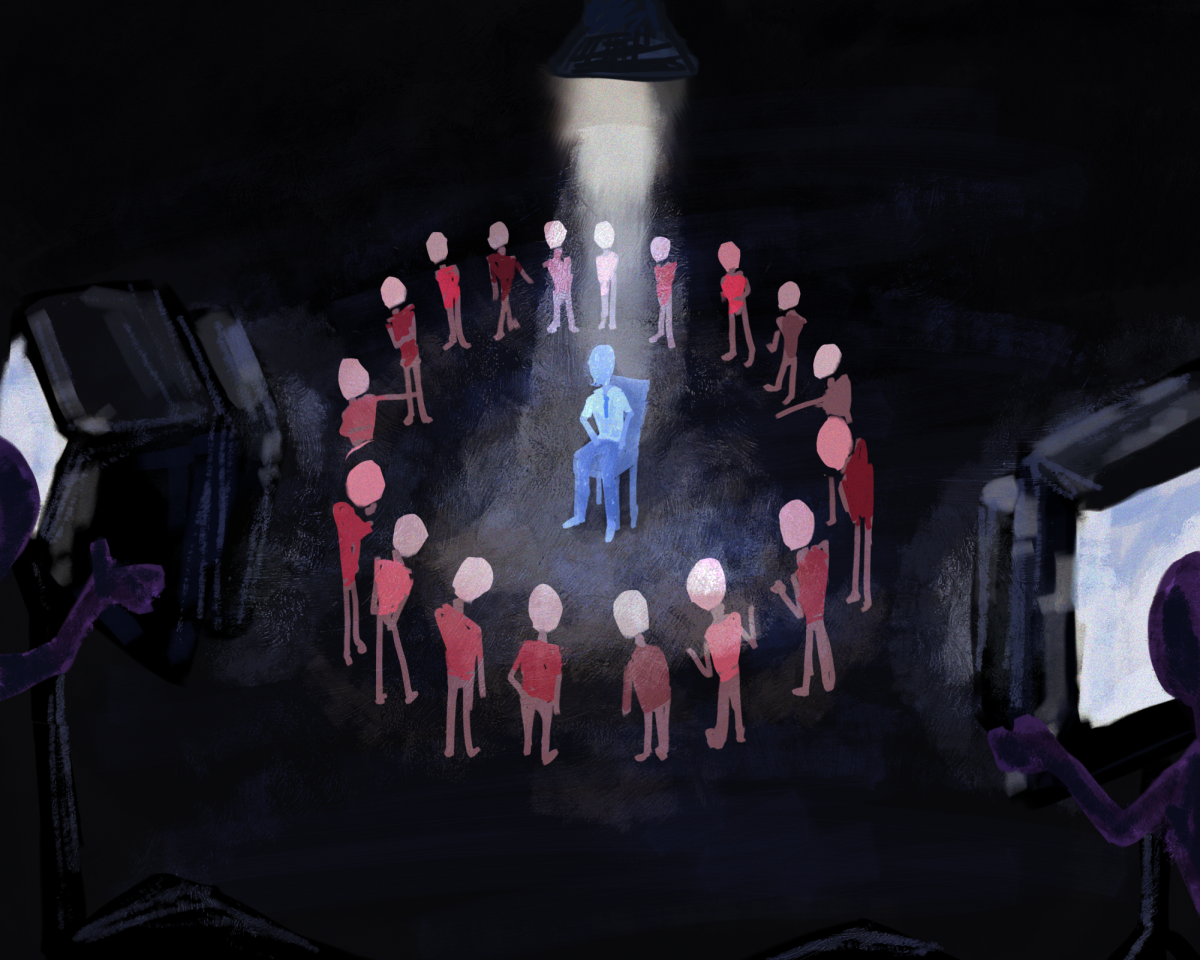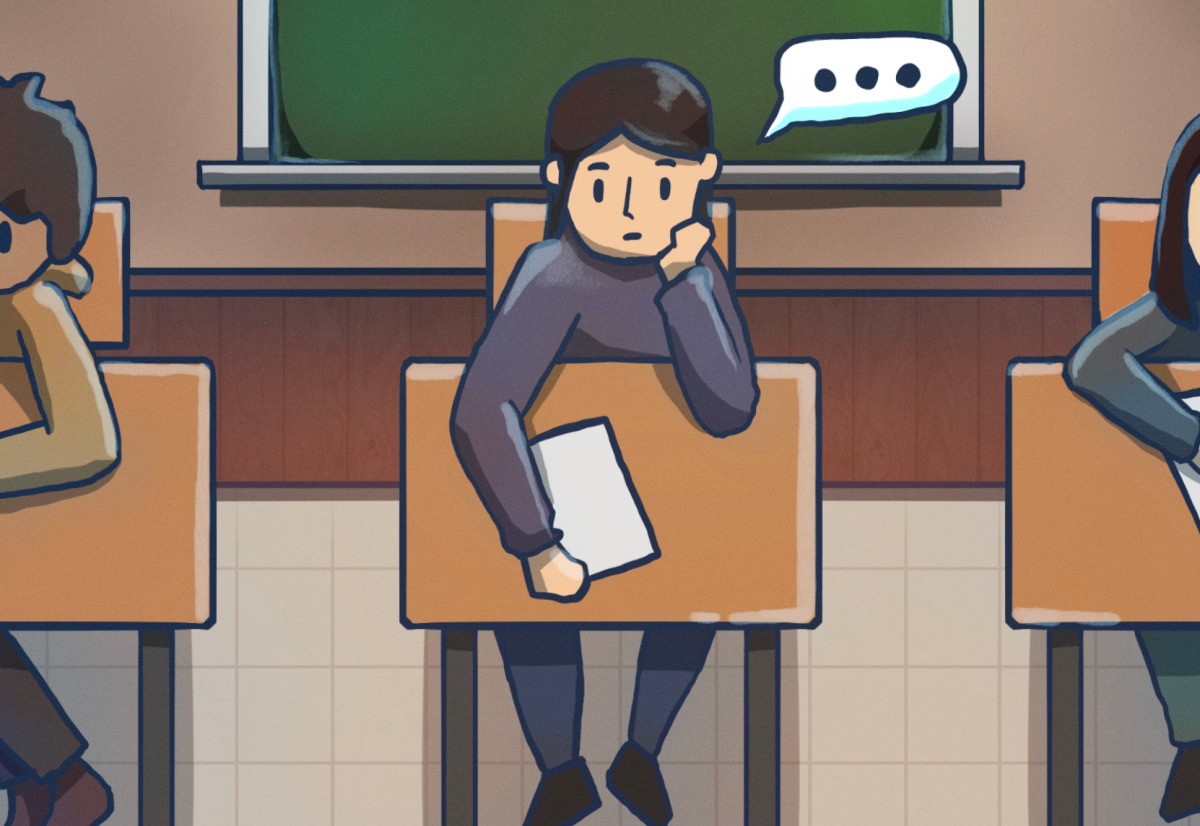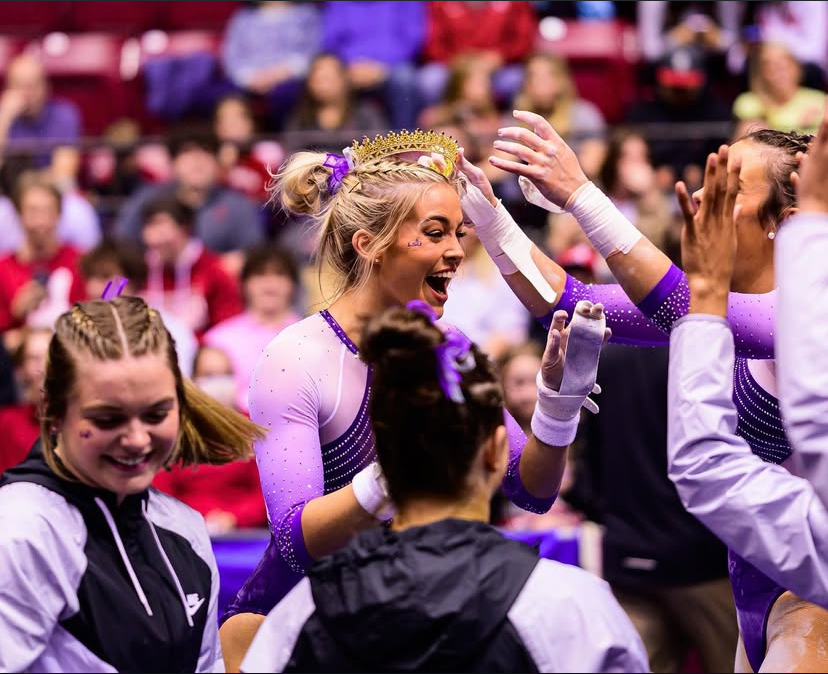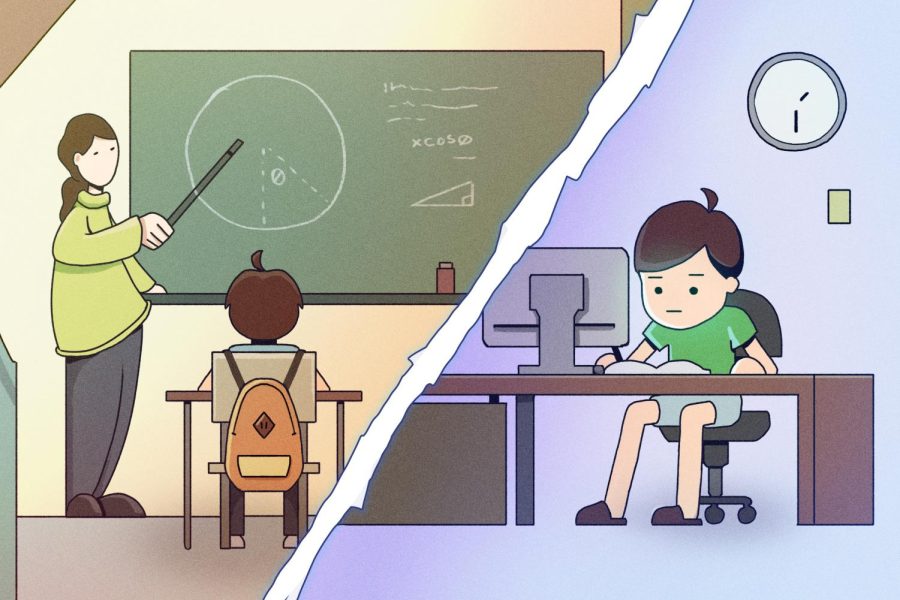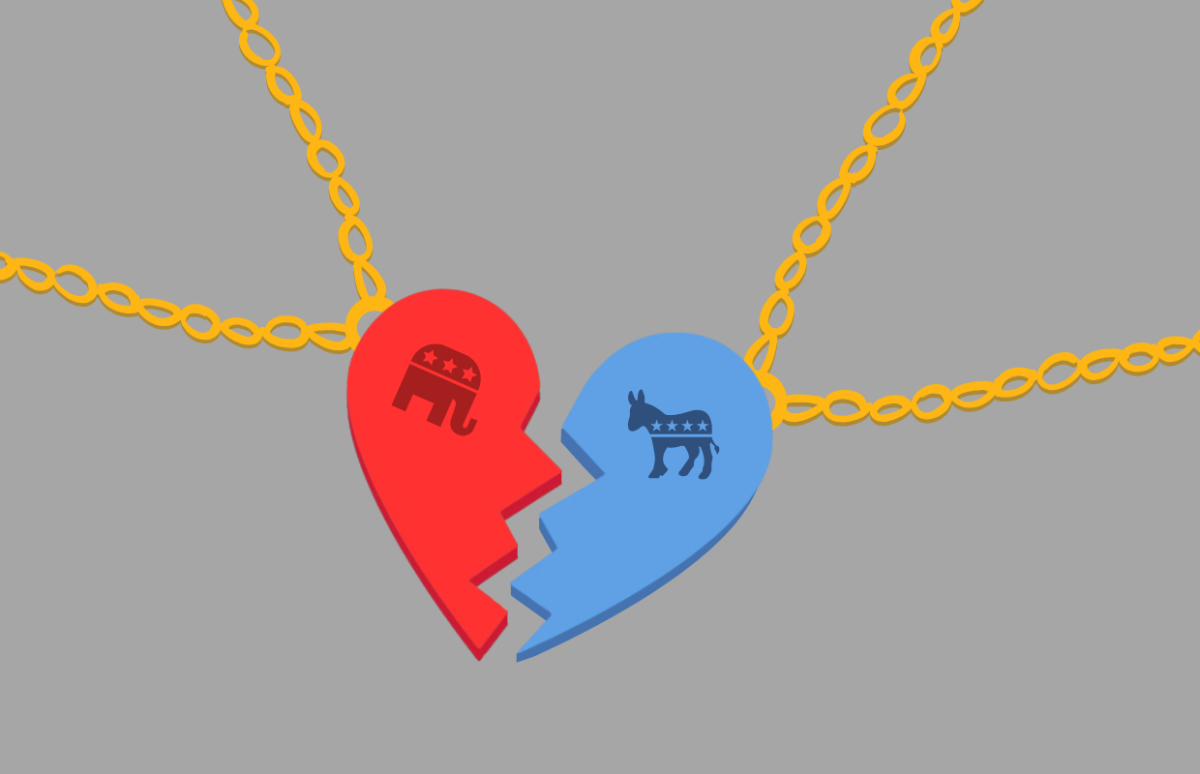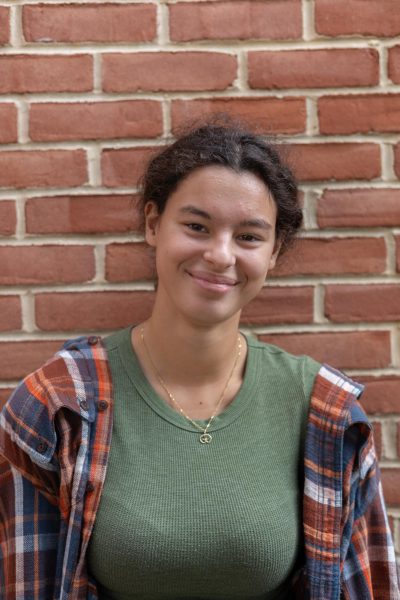One of the founding principles of the United States is that every voice counts, but in reality, many voices go unheard. The 2022 American Community Survey reported that 21.7% of U.S. citizens are too young to cast their vote in any general election.
Voting is an impactful and important way for citizens to participate in the democratic process. However, it’s far from the only method of civic participation in elections. Students can and should participate in elections in ways that may exceed the impact of a single vote, whether by working at the polls, engaging in political advocacy or registering to vote early.
18 to 29-year-olds are consistently the age group with the lowest percentage of voters, representing only a tenth of the total voter turnout. While most Whitman students are not eligible to vote, they have more opportunities to participate in elections than they might think. Due to Whitman’s proximity to Washington D.C., students can reach out to and volunteer with prominent politicians and even join protests downtown to fight for what they believe in. With age being a major contributor to voter apathy, younger citizens are less likely to contribute to the election process and influence political policies through civic participation in their communities.
The first step to becoming civically active is understanding how to participate. MCPS provides eligible students with information on how to register and where to cast their ballots, whether by a mail-in ballot or in-person. More information about voting is available on Montgomery County voter outreach websites like Future Vote. For those unable to cast a ballot, voter outreach programs provide volunteer opportunities including working at the polls, fundraising for campaigns or helping with political action events.
Maryland and D.C. are home to many voter outreach programs open to volunteers. The League of Women Voters of Montgomery County (LWV) has numerous volunteer programs and opportunities for civil engagement. Groups like the LWV lobby for their committee’s beliefs, hold civic engagement activities and provide volunteer opportunities in the D.C. and Maryland region. Political and civic action allows for students to get involved and gain experience and community service hours.
Sheryl Freedman is the lead teacher for the Leadership Academy for Social Justice (LASJ) at Whitman. Freedman said students should participate in civic engagement with groups that support their personal values.
“Students at this age should really be looking at organizations that push for policies that they believe in,” Freedman said.“Our goal each year with LASJ is to be compiling more of a calendar of events.”
The best way for students to find volunteer opportunities for issues they are passionate about is through the Student-Service Learning (SSL) county website, which has many opportunities for community involvement. On the website, students can pick an activity that suits their interests and allows them to make an impact on issues they care about.
Future Vote is a student voter engagement group in Montgomery County. The group aims to increase voter education and strengthen ties to civic action for Montgomery County youth and families. The organization works alongside students by allowing them to aid the voting process on election day.
Gilberto Zelaya, the Community Engagement and Public Relations Officer for the Montgomery County Board of Elections, founded Future Vote in 2004.
“Future Vote is the only program in America that brings in students as young as sixth grade to serve as Election Day aids,” he said. “This opportunity provides the student, even before they’ll cast their first vote, the opportunity to serve.”
The Board of Elections provides numerous job opportunities through volunteering at the polls. Students can apply to work in Voting Operations, where they can work as poll workers, greeters or early voting closers, assisting with the cleanup after election day. While some jobs require workers to be at least 18 years old, most are open to those under 18. Students can opt for either payment or SSL hours, from these jobs, earning up to 25 SSL hours per day for those under 18.
“You will have a perspective that a lot of politicians and reporters won’t have, because you actually were in the trenches,” Zelaya said.
Montgomery County promotes student action and participation in the polls by providing easy-to-use links and instructions on student registration to work in the polls.
In Maryland, citizens can register to vote after their 16th birthday. Despite this early opportunity, the Civics Center reports that only 35% of Maryland teens pre-register to vote. Pre-registering is vital in promoting younger voter participation because even though it may not directly influence a current election, it makes voting much easier for citizens once they become eligible. Youth voter turnout increases when the voting process becomes easier, and when the youth vote increases, the government becomes more responsive to the voices of younger generations.
“It’s important that our youth participate in the franchise and the institution known as voting in our republic,” Zelaya said. “Your voice is your vote.”



